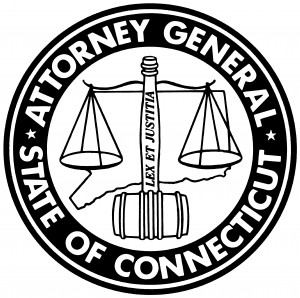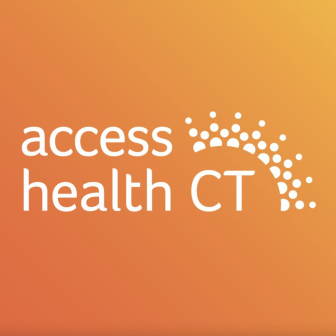Adding Women to Corporate Boards Makes Financial Errors Less Likely
/Two years ago, Calvert Asset Management Company, Inc. and the Connecticut Retirement Plans and Trust Funds (CRPTF) announced the successful resolution of their joint shareholder proposal on board diversity filed with Netflix, the world's largest subscription entertainment service. The announcement came as the company named its first female director, Ann Mathers, an entertainment industry veteran who joined the Netflix Board on July 1 of that year. On behalf of the CRPTF, Connecticut Treasurer Denise L. Nappier has spearheaded Connecticut's initiative to increase the participation of women and minorities as members of Boards of Directors of corporations in which the $24 billion pension fund invests.
New data developed by a team of researchers at the University of Wisconsin-Milwaukee suggests that Nappier got it right, at least in one critical aspect of business. Companies whose directors include one or more women are 38% less likely to have to restate their financial-performance figures to correct errors than firms with all-male boards, says the team led by Lawrence J. Abbott of the University of Wisconsin-Milwaukee.
Gender diversity may make a board more open to viewpoints that oppose the CEO's and may encourage a more deliberative and collaborative decision-making process, according to the research, published in the American Accounting Association journal Accounting Horizons.
Treasurer Nappier has filed numerous shareholder resolutions on corporate board diversity, in accordance with the State of Connecticut's investment policy and the recognition that companies and firms that demonstrate a commitment to diversity are more likely to succeed in an increasingly global marketplace.
Restatements are necessitated by serious misrepresentations, whether through error or fraud, in corporate financial reports. A woman's presence on a board, the researchers found, does more on behalf of financial integrity than such tried-and-true measures as requiring the board's audit committee to consist entirely of independent directors, one of them with financial expertise, and mandating that it meet at least four times annually. The study finds those measures in combination to reduce the likelihood of restatements by about 20%, about half the effect achieved by having a woman director.
As the findings point out, “Gender diversity can potentially affect the outcome by generating more questioning of the status quo, greater acknowledgment and legitimization of opposition and third-party viewpoints (including those of the audit committee, auditor, or internal audit director) and a slower, more deliberative and collaborative decision-making process...heightening the monitoring effectiveness that may [otherwise] be diminished by groupthink."
The study's findings involved a comparison of companies that had to issue financial restatements with a control group of similar firms with no such reporting problem. The restatement sample consisted of 540 firms in total, with each of the restating firms matched with a control company on the basis of market capitalization, industry, and the ranking of the firm that performed its auditing.
Nappier, inducted into the Connecticut Women’s Hall of Fame in 2011, has served as State Treasurer since 1999, having previously served as Treasurer of the City of Hartford. She is the first African-American woman to serve as a State Treasurer in the nation’s history.




































